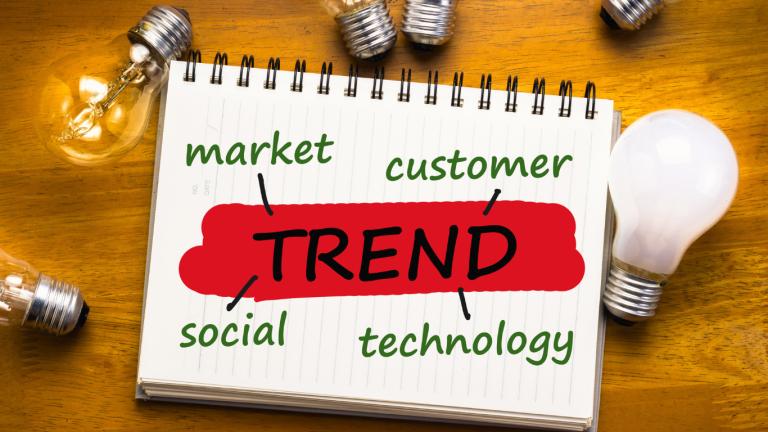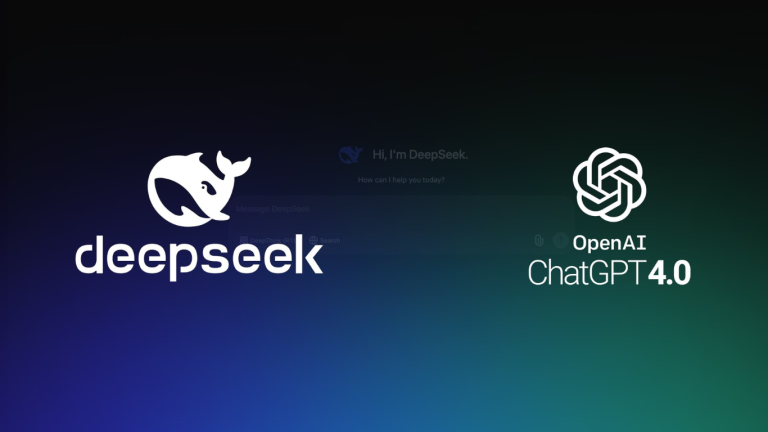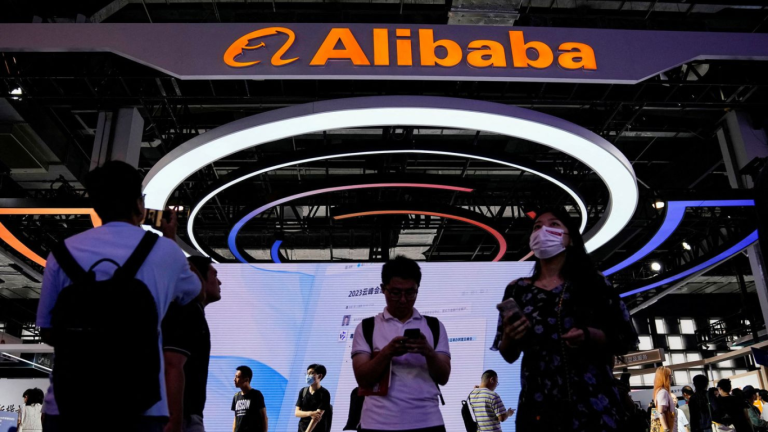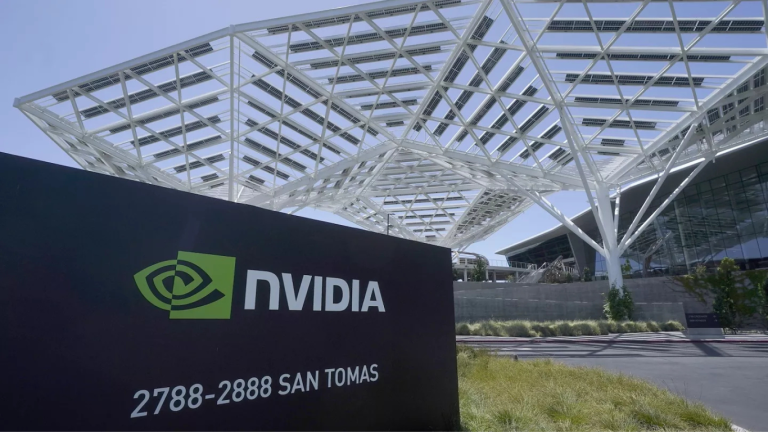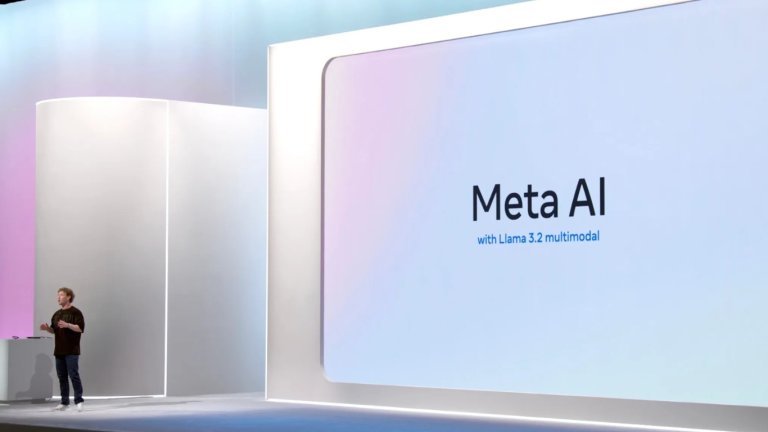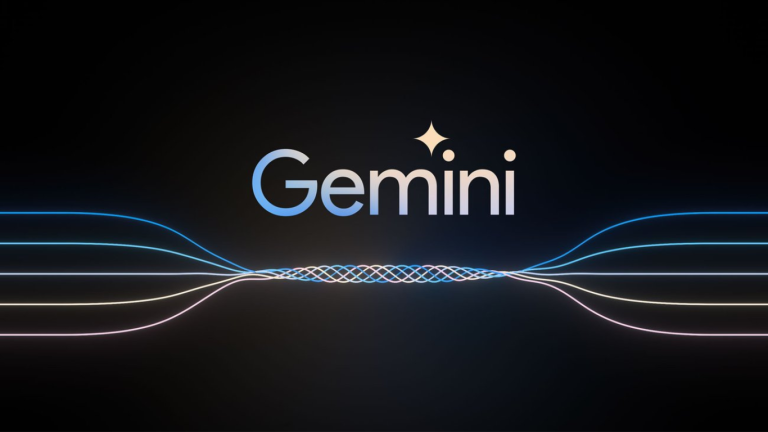
Imagine a world where AI not only assists in routine tasks but also creates, innovates, and designs. This is the promise of generative AI, a transformative technology expected to contribute over $4.4 trillion annually to the global economy by 2030. With companies like OpenAI, Google, and Microsoft leading the charge, generative
AI is revolutionizing industries, reshaping workflows, and redefining creativity. As technology leaders explore its potential, the real challenge lies in integrating it strategically to maximize growth and resilience.
The Rise of Generative AI: Beyond Automation
Generative AI extends beyond conventional AI by creating original content, whether text, images, or complex designs. Its applications are limitless: chatbots generating human-like conversations, AI tools crafting unique marketing campaigns, and systems designing entire product prototypes.
Industry Impact: By 2024, 80% of software developers are expected to use generative AI tools to accelerate coding processes, cutting development timelines by up to 30%. This shift will streamline workflows, enhance productivity, and enable teams to focus on strategic innovation.
Revolutionizing Customer Engagement and Personalization
Generative AI is transforming how businesses interact with customers. Advanced algorithms can analyze customer behavior and generate personalized content at scale, enhancing user experiences.
Case Study: A leading e-commerce platform deployed generative AI to create tailored product recommendations, boosting conversion rates by 25%. Similarly, AI-generated marketing copy has increased customer engagement metrics for major brands by over 40%.
Bridging Skill Gaps with AI-Driven Workforce Solutions
Generative AI is also reshaping workforce development by generating training modules and personalized learning paths.
Future Insights: By 2026, generative AI is projected to reduce corporate training costs by 50% while improving skill acquisition rates through adaptive learning systems. It allows organizations to build agile, future-ready workforces that can thrive amid digital disruption.
Ethical Challenges and Governance: A Prerequisite for Success
As generative AI expands, ethical concerns surrounding data bias, intellectual property, and transparency grow. Businesses must establish governance frameworks to ensure responsible AI usage.
Leadership Insight: A recent global survey revealed that 65% of executives view ethical AI implementation as a key barrier to adoption, highlighting the importance of developing transparent, fair, and secure AI ecosystems.
Generative AI is not merely a technological advancement; it is a paradigm shift poised to redefine innovation, customer interaction, and workforce dynamics. However, success requires a balanced approach—leveraging AI’s potential while ensuring ethical and strategic alignment.
At IBIACO, we empower organizations to embrace such disruptive technologies responsibly, unlocking untapped opportunities for growth and resilience. Contact us today to explore how generative AI can revolutionize your business strategy.

_medium.png)





